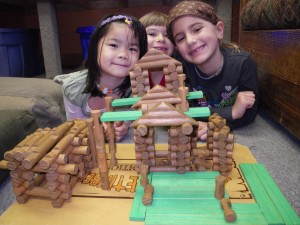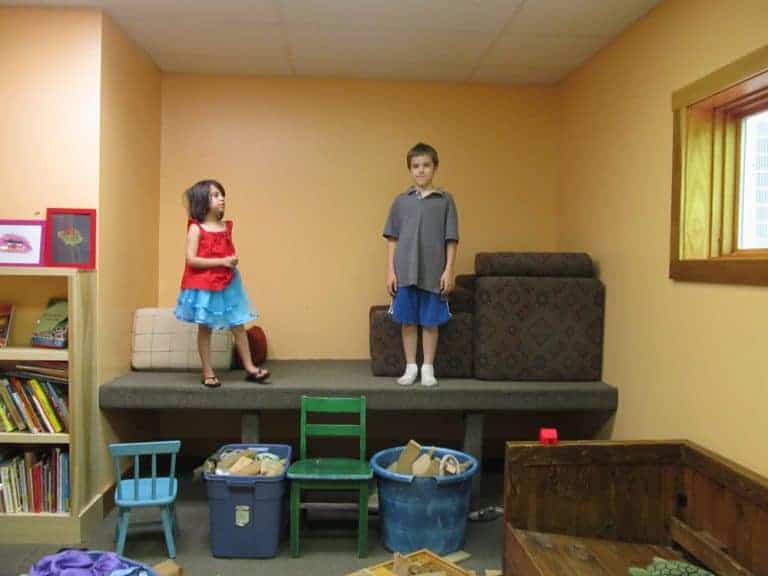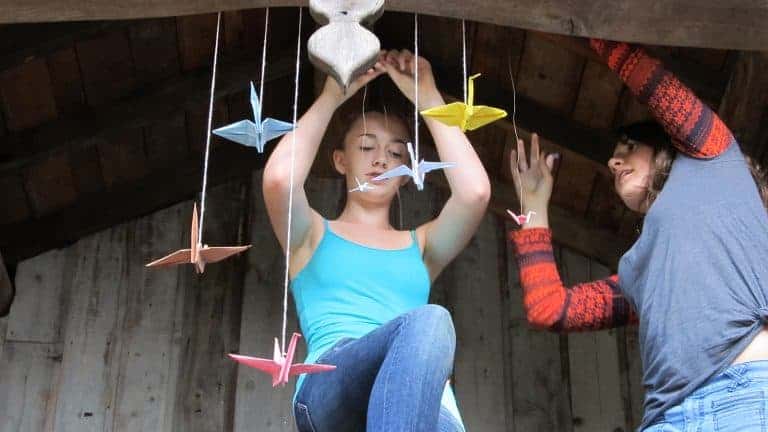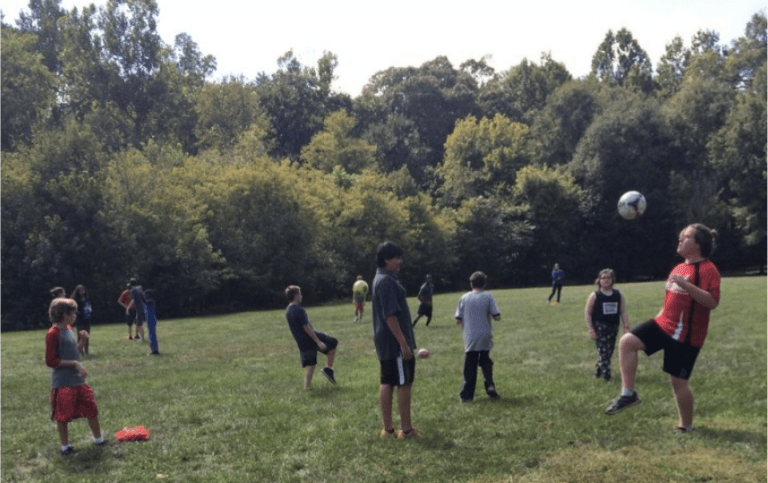The Value Of Play (Again!)
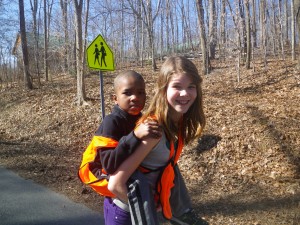 Down the hall, young students are playing in the Kid Nook like they have been for weeks, animating piles of dolls big and small for hours . In the old building, teens are continuing their latest Dungeons and Dragons campaign. People are swinging on the playground; computer gamers are playing League of Legends. Packs of boys will certainly be waging their Nerf wars in the forest later. Play. It remains the most prevalent activity on campus. As the students say, “what’s up with that?”
Down the hall, young students are playing in the Kid Nook like they have been for weeks, animating piles of dolls big and small for hours . In the old building, teens are continuing their latest Dungeons and Dragons campaign. People are swinging on the playground; computer gamers are playing League of Legends. Packs of boys will certainly be waging their Nerf wars in the forest later. Play. It remains the most prevalent activity on campus. As the students say, “what’s up with that?”
A Fairhaven parent sent me a link to an article in this month’s Atlantic Monthly about Melvin Konner’s brand-new, 900 page book The Evolution Of Childhood that provides clues. (http://www.theatlantic.com/magazine/archive/2010/04/play-8217-s-the-thing/8028/) Here’s a paragraph from the article:
Konner is especially interested in play, which is not unique to humans and, indeed, seems to have been present, like the mother-offspring bond, from the dawn of mammals. The smartest mammals are the most playful, so these traits have apparently evolved together. Play, Konner says, “combining as it does great energy expenditure and risk with apparent pointlessness, is a central paradox of evolutionary biology.” It seems to have multiple functions—exercise, learning, sharpening skills—and the positive emotions it invokes may be an adaptation that encourages us to try new things and learn with more flexibility. In fact, it may be the primary means nature has found to develop our brains.
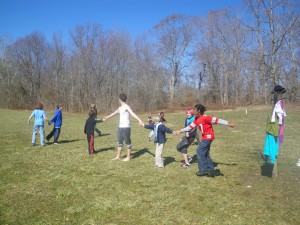 With freedom, we gravitate to play. My best writing time feels playful and open-ended. The results of play are serious, sometimes even life-changing. As Konner documents, a habit of play balances life, and stimulates growth. We seem even to be hard-wired to do it. Here at Fairhaven, it reigns supreme, setting the table for the mysterious transformation from childhood to adulthood. Fortunately, our democratic structure at school compensates for the pervasive play. Rules, limits, and consequences keep chaos at bay. Should the doll-players not clean up, they might lose access to the room. When the Nerfers left water balloon shrapnel on the grounds, they had to do grounds work. And so on.
With freedom, we gravitate to play. My best writing time feels playful and open-ended. The results of play are serious, sometimes even life-changing. As Konner documents, a habit of play balances life, and stimulates growth. We seem even to be hard-wired to do it. Here at Fairhaven, it reigns supreme, setting the table for the mysterious transformation from childhood to adulthood. Fortunately, our democratic structure at school compensates for the pervasive play. Rules, limits, and consequences keep chaos at bay. Should the doll-players not clean up, they might lose access to the room. When the Nerfers left water balloon shrapnel on the grounds, they had to do grounds work. And so on.
Next week I travel to Sudbury Valley School to serve on their diploma committee, and in preparation I’m reading the theses of eighteen graduate candidates. The thread that runs through all of their papers? Play. Coming (and staying) to your nearest Sudbury school, it is the sine qua non of successful development, the pinnacle of human developmental adaptation.
“The true object of all life is play.”
“Letting your mind play is the best way to slove problems.”
Bill Watterson
“If you want creative workers, give them enough time to play.”
John Cleese
Mark McCaig
May, 2010
